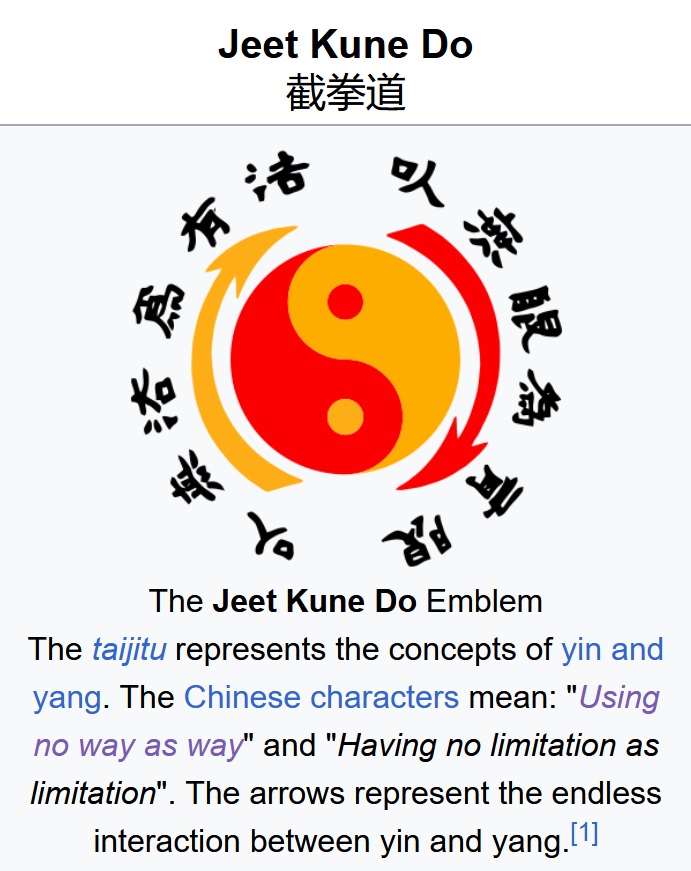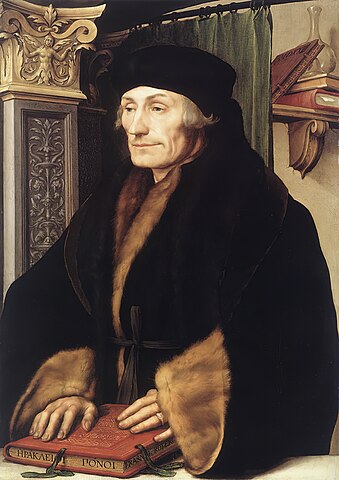What is Religion?
The following article is mainly etymologically based rather than theological or religious. It has been written from the point of view of showing that all humans are religious according to the basic meanings of ‘religion’. There are however people who claim not to be religious and there are others that claim to be religious. My exploratory question is about the nature of religion. The first section therefore is an exploration of various definitions from dictionaries and so forth. This will give us a beginning to our search. After this I will explore the idea that all humans by nature are religious somehow which may require a wider definition but still fits in with the definitions we have looked at.
The Definitions
The following is taken from (etymonline.com/word/religion):
“religion (n.)
c. 1200, religioun, “state of life bound by monastic vows,” also “action or conduct indicating a belief in a divine power and reverence for and desire to please it,” from Anglo-French religiun (11c.), Old French religion, relegion “piety, devotion; religious community,” and directly from Latin religionem (nominative religio) “respect for what is sacred, reverence for the gods; conscientiousness, sense of right, moral obligation; fear of the gods; divine service, religious observance; a religion, a faith, a mode of worship, cult; sanctity, holiness,” in Late Latin “monastic life” (5c.).
This noun of action was derived by Cicero from relegere “go through again” (in reading or in thought), from re- “again” (see re-) + legere “read” (see lecture (n.)). However, popular etymology among the later ancients (Servius, Lactantius, Augustine) and the interpretation of many modern writers connects it with religare “to bind fast” (see rely), via the notion of “place an obligation on,” or “bond between humans and gods.” In that case, the re- would be intensive. Another possible origin is religiens “careful,” opposite of negligens.
In English, the meaning “particular system of faith in the worship of a divine being or beings” is by c. 1300; the sense of “recognition of and allegiance in manner of life (perceived as justly due) to a higher, unseen power or powers” is from 1530s.”
So then from these root definitions
- Cicero; ‘to Read again’ (re+ legere = again + to read)
- Servius, Lactantius, Augustine; ‘to bind fast’ (bond between humans and gods, re therefore being intensive in meaning)
The above is interesting because in the first bullet point, we can see the use of tradition, actions that happen over and over again. In this tradition there being a strong bond between the One being worshipped and the worshipper that is very spiritual.
Obviously, time has now moved on for hundreds of years but this basic idea is still found in the term religion. Reading therefore James’ use of ‘religion’ will not mean much different to a first century reader or a 21st century reader. It is however incumbent (necessary) on us to look at some more definitions. The following is taken from (merriam-webster.com/dictionary/religion)
“: a personal set or institutionalized system of religious attitudes, beliefs, and practices
(1): the service and worship of God or the supernatural
(2): commitment or devotion to religious faith or observance
Etc.”
So then from this definition we can see religions can be:
- Personal
- Institutional
We also learn it can be:
- Theological in content
- Human experiential in content
This means that theists, atheists, agnostics, polytheists cannot escape the notion of being religious somehow. Bruce Lee once said about ‘no way becoming the way’. Perhaps I could say simpler ‘No road as the road’. All human beings are on a road whether they understand it or not and, on this road, we make choices; good and bad. The atheist has his/her road or way, or the Socialist has his/her road. The boxer has his/her road. In this sense religion therefore permeates the whole of human action including thought.
Therefore, I disagree with the following:
“Religion is probably the greatest example of rigid dogmatic belief. Many say the etymology of religion lies with the Latin word religare, which means “to tie, to bind.” Being bound to a rigid set of unquestioned ideas is an important way of controlling people and has been responsible for immeasurable human suffering in history.” (From; medium.com/@gammarat33/the-philosophy-of-bruce-lee-using-no-way-as-a-way-having-no-limitation-as-limitation-8429796b82a9)
Just because a religion can be rigid does not mean ‘suffering’. Religion can be liberating and gives many people a healthy and happy family lifestyle.
What does this mean to us?
It means that we all carry presuppositions therefore this road (religious) can be used personally as well as institutionally. This means a person who goes to a football match or is involved in politics or chooses not to believe in God and live as though there is no god is as religious as the person who goes to Church everyday Monday to Friday.
What road have you chosen?
So, then my friend what road have you chosen? We all make decisions every day and each choice has an effect on our future destiny. Not only is the Mathematical idea of the butterfly effect scientific but it also has things to say about our own destinies. With our decisions today our future has already been decided (in some ways). What could some of these choices be?
- Heaven ≠ no heaven
- God ≠ no god
When we make these sort of choices it becomes a way of life and the tradition being religious or not religious becomes your road. This is as far as I can take you on your spiritual journey.
The next step for me is a deeply personal one. For me God is the Prime Mover. God moved first and opened the way to Heaven. Thus, I am closer to Luther than to Erasmus.
Erasmus on free will:
“Erasmus argued against the belief that God’s foreknowledge of events caused those events, and he held that the doctrines of repentance, baptism, and conversion depended on the existence of free will. He likewise contended that divine grace first called, led, and assisted humans in coming to the knowledge of God, and then supported them as they then used their free will to make choices between good and evil, and enabled them to act on their choices for repentance and good, which in turn could lead to salvation through the atonement of Jesus Christ (Synergism).”
Luther on Free Will (No Free Will)
“Luther’s response was to reason that original sin incapacitates human beings from working out their own salvation, and that they are completely incapable of bringing themselves to God. As such, there is no free will for humanity, as far as salvation is concerned, because any will they might have is overwhelmed by the influence of sin.[3]
“If Satan rides, it (the will) goes where Satan wills. If God rides, it goes where God wills. In either case there is no ‘free choice’.
— Martin Luther, On the Bondage of the Will[4]: 281
Luther concluded that unredeemed human beings are dominated by obstructions; Satan, as the prince of the mortal world, never lets go of what he considers his own unless he is overpowered by a stronger power, i.e. God. When God redeems a person, he redeems the entire person, including the will, which then is liberated to serve God.” (This and the Erasmus quotation has been taken from en.wikipedia.org/wiki/On_the_Bondage_of_the_Will)
Thus when I said I can only take you so far on the road it meant that we hit a wall of
- Universals
- particulars
Universals are what we all hold to and agree. From that point of view love is a universal because it seeks out the good of another human being.
Particulars are different; When I say Jesus is Lord this is a particular because a Muslim, Hindu or Jew may not be able to say this.
Reflection
The way of religion is walked by everyone conscious of it or not. When we walk this road there are ideas that all religions can agree with such as Justice and love. When it comes to particular beliefs such as the cross and the resurrection of Christ, we go our separate ways:
“For God so loved the world, that He gave His only begotten Son, that whoever believes in Him shall not perish, but have eternal life. John 3:16
Here in the above verse from John’s Gospel we have a universal (perhaps) and a particular. The universal that God loved the world and at the same time the particular, the ‘means’ of this love was through God the Son, our Lord Jesus Christ.
We all have our various paths, but our Lord Jesus told us that in the end there are only two roads, two gates two ways, two directions.




